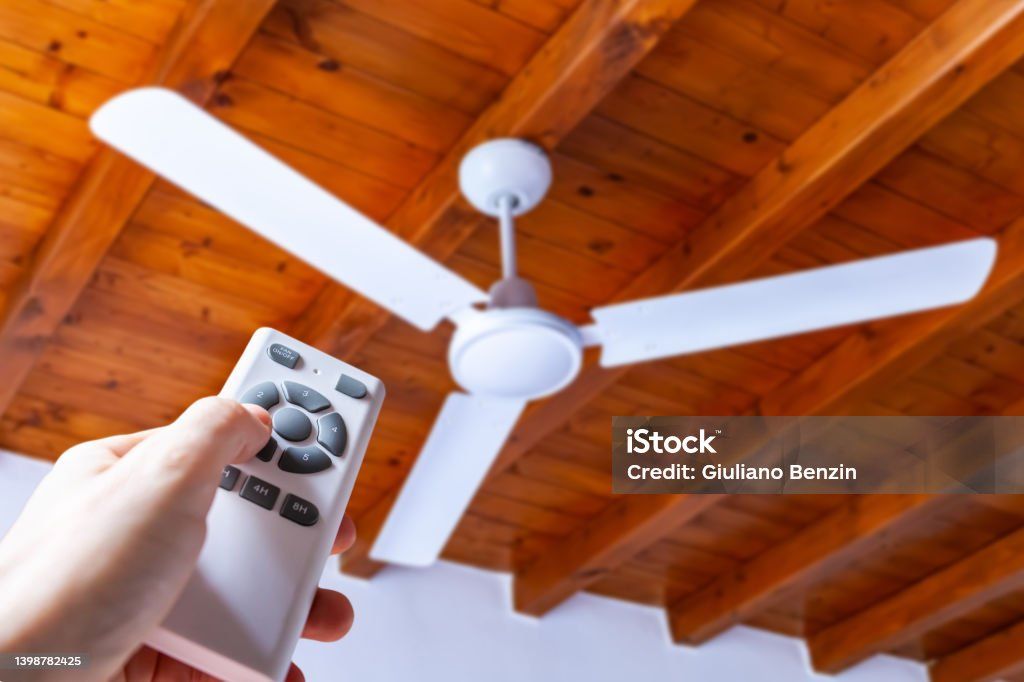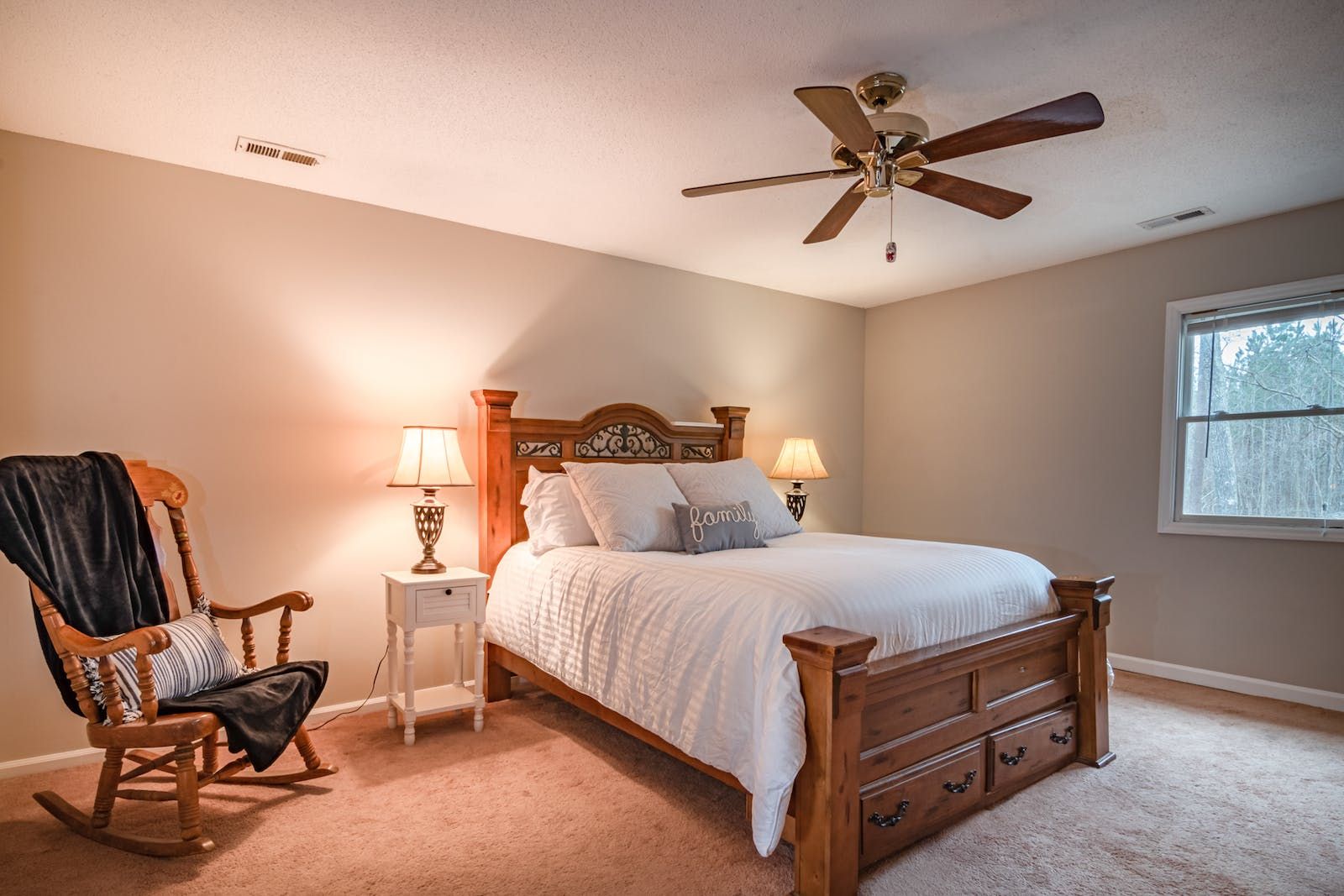
Get A Quote
Which Way Should a Ceiling Fan Turn in the Summer?
As the sun's warmth blankets our days, a simple switch of your ceiling fan can transform your living space into a cool oasis. Today, we unravel the mystery of which way your ceiling fan should turn in the summer, ensuring you bask in the perfect balance of comfort and energy efficiency.
Clockwise or Counterclockwise?
Let's kick off with the basics. Most ceiling fans come equipped with a small switch on the motor housing that controls the fan's direction. In the summer, the magic direction is counterclockwise. This creates a gentle, cool breeze that can make your room feel up to 4 degrees cooler without relying heavily on the air conditioner.
The Science Behind the Spin
Now, let's demystify the science. When your ceiling fan rotates counterclockwise, it pushes air downwards. This downward airflow creates a wind-chill effect, making you feel cooler. It's a simple and energy-efficient way to enhance your comfort without overloading your electricity bill.
Summer Cooling, Energy Efficiency
Understanding which way your ceiling fan should turn in the summer isn't just about comfort; it's about optimizing energy usage. By incorporating related keywords like "summer cooling" and "energy efficiency," we expand our understanding of the topic while keeping the language accessible.
Seasonal Transition: Making the Switch
As the seasons change, so should your ceiling fan's direction. In the warmer months, set your fan to the counterclockwise direction for that refreshing breeze. When winter approaches, a simple flip of the switch to the clockwise direction helps redistribute warm air trapped near the ceiling, keeping you cozy.
Fan Speed Matters
Beyond the direction, the speed of your ceiling fan plays a role in optimizing comfort. In the summer, opt for a higher speed to generate a more noticeable breeze. Remember, the goal is to create a comfortable environment without relying heavily on your air conditioner.
Indoor Climate Control
Incorporating related keywords like "indoor climate control" introduces a broader context. It prompts us to consider the synergy between various elements, from ceiling fan direction to air conditioner usage, in maintaining a comfortable indoor environment.
Fan Direction for Different Ceiling Heights
Not all ceilings are created equal. For standard ceilings, the counterclockwise direction works wonders. However, for higher or vaulted ceilings, it's advisable to consult your fan's manual or a professional. Adjusting the direction based on ceiling height ensures optimal air circulation.
Dust Off the Blades
While ensuring your fan rotates in the right direction, don't forget about maintenance. Dust accumulating on the fan blades can reduce efficiency. Regularly dust off the blades to keep your fan running smoothly and effectively.
Home Comfort Tips
Expanding our scope with keywords like "home comfort tips" emphasizes the holistic approach to creating a comfortable living space. It prompts consideration of various factors, including ceiling fan direction and maintenance, for an ideal home environment.
A Cool Conclusion
In the realm of summer comfort, the humble ceiling fan emerges as a silent hero. Knowing which way it should turn transforms it from a mere accessory to a powerful tool for maintaining a refreshing indoor climate. So, as the mercury rises, set your ceiling fan to spin counterclockwise, sit back, and let the cool breeze whisk you away to a summer paradise within the comforts of your home.

